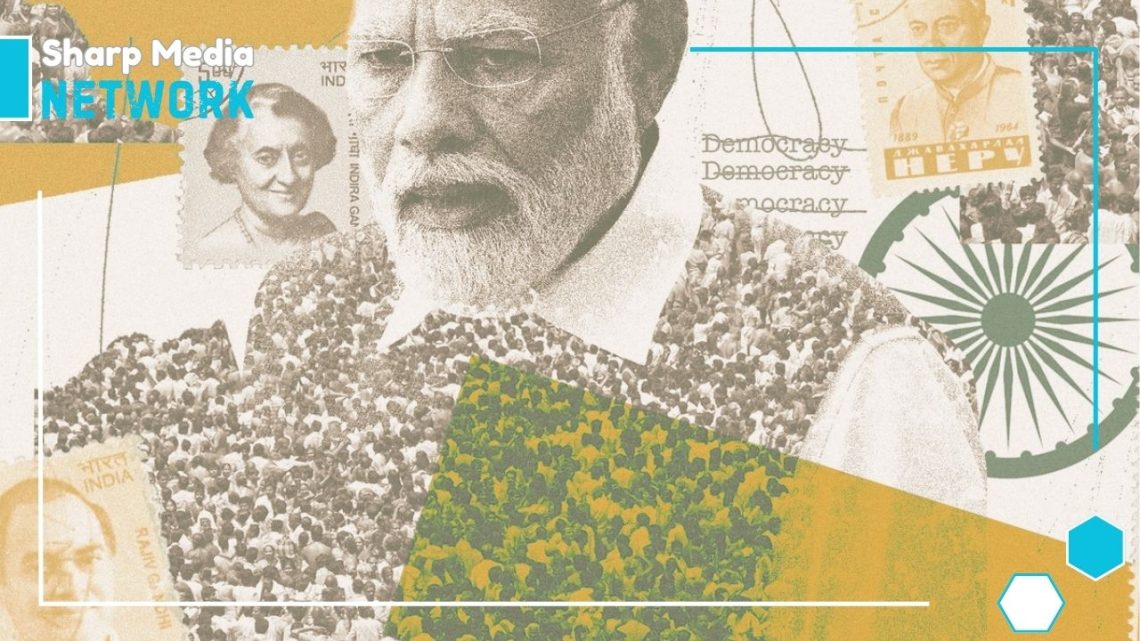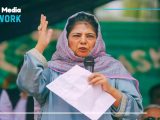
India Faces Growing Criticism Over Fascist Tendencies Under Modi’s Rule
December 5, 2024 Off By Sharp MediaIndia faces rising criticism as Modi’s government is accused of fostering fascism through religious discrimination and authoritarian rule.
India’s democratic image is increasingly under scrutiny, with critics accusing Prime Minister Narendra Modi’s government of fostering a fascist state. Allegations of religious discrimination, authoritarianism, and oppression of dissent have dominated discussions.
The ruling Bharatiya Janata Party (BJP), alongside its ideological ally, the Rashtriya Swayamsevak Sangh (RSS), faces widespread condemnation. Critics argue that Modi’s administration is implementing policies that marginalize religious minorities, particularly Muslims, Christians, and Dalits, undermining the country’s secular principles.
According to the media reports, India, under Modi’s government, is systematically targeting Muslims, particularly in Indian Illegally Occupied Jammu and Kashmir (IIOJK). The government’s actions, including the misuse of investigative agencies to silence critics and the imposition of the Hindutva ideology, have drawn accusations of creating an oppressive environment for minority groups.
The recent reports highlighted escalating violence against Muslims, citing the killing of five Muslim protesters in Sambhal, Uttar Pradesh, by police. These protests were sparked by a controversial survey of mosques, which many viewed as a targeted attack on Muslim institutions.
The reports also pointed to the BJP’s controversial decision in August 2019 to revoke Jammu and Kashmir’s special status. This move, critics argue, was designed to alter the region’s Muslim-majority demographics and further the BJP’s vision of a “Hindu Rashtra.” This decision has been widely viewed as part of Modi’s broader agenda to reshape India’s identity, with many experts warning it threatens regional stability.
International bodies, including human rights organizations, have raised alarms over Modi’s policies, urging global action to address the erosion of democratic values in India. Activists are calling for recognition of India’s authoritarian shift and intervention to counter the growing influence of Hindutva-driven politics.
Experts argue that the international community must step up to challenge Modi’s regime. Failure to do so, they warn, could jeopardize both human rights within India and regional peace in South Asia. As the situation unfolds, the world watches closely to assess whether India can preserve its democratic ideals or continue on its current trajectory.

